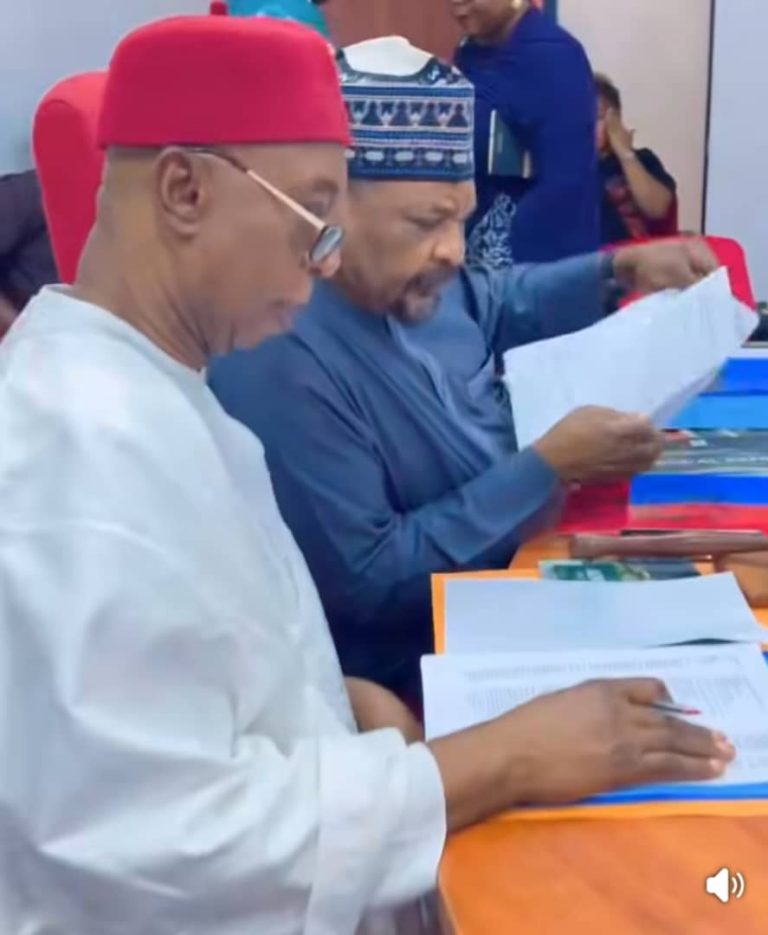
The Lagos Chamber of Commerce and Industry (LCCI) has described the N1,400 foreign exchange rate projection in Nigeria’s proposed 2025 budget as unrealistic. The federal government has proposed a total expenditure of N47.9 trillion for the 2025 budget, with parameters including a crude oil price benchmark of $75 per barrel, an oil production target of 2.06 million barrels per day, an exchange rate projection of N1,400 to the dollar, and a gross domestic product (GDP) growth rate of 4.6 percent.
In a statement, LCCI Director-General Chinyere Almona called for a reassessment of the budget assumptions, citing the economic challenges posed by inflation and the exchange rate. Inflation, which rose to 33.88 percent in October 2024, was identified as a significant factor undermining the plausibility of achieving the budget’s projections. Almona noted that expecting a steep 51 percent drop in inflation within a year was unrealistic, given the current economic trends.
Almona expressed concerns over the budget’s sensitivity to macroeconomic conditions, stating that the assumption of an exchange rate at N1,400 was overly optimistic compared to the current average of N1,600 in both official and parallel markets. She also highlighted the challenges posed by the rising cost of debt servicing, projected to increase by 91.2 percent to N15.38 trillion, representing 32.1 percent of the total budget.
The LCCI emphasized the need for clarity in policy direction and the creation of an enabling environment for the private sector to achieve the GDP growth projections. Almona advised the government to maintain fiscal discipline, adhere to the Fiscal Responsibility Act, and reconsider its budget assumptions to reflect economic realities.
The statement also urged the Central Bank of Nigeria to sustain Ways and Means Advances to the federal government within a five percent limit and called for increased investment in critical sectors such as food production, power supply, and infrastructure. Addressing climate change impacts and improving security were also highlighted as essential for economic stability.
LCCI stressed the importance of coordinated monetary and fiscal policies to tackle unemployment, empower small and medium-sized enterprises, and support key sectors driving economic indicators like inflation and exchange rates.



